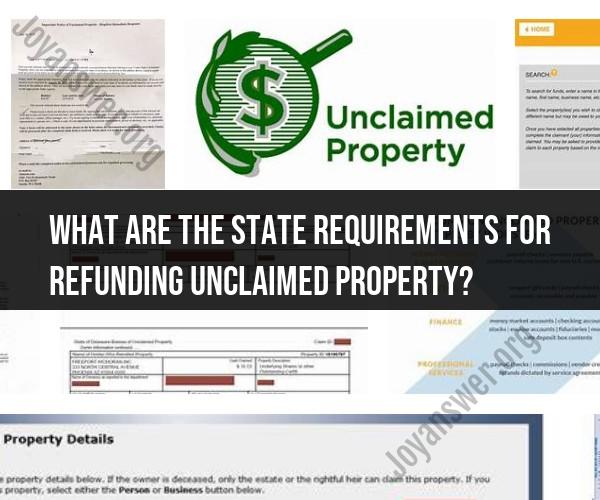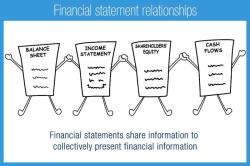What are the state requirements for refunding unclaimed property?
State requirements for refunding unclaimed property vary from one jurisdiction to another in the United States. Unclaimed property, also known as escheat property, includes various types of financial assets that have been abandoned by their owners and are held by the state until the rightful owner comes forward to claim them. Here are some common state requirements and guidelines for refunding unclaimed property:
Reporting Unclaimed Property:
- Businesses and organizations that hold unclaimed property are typically required by state laws to report and remit this property to the state's unclaimed property program. The reporting process usually involves providing detailed information about the property, including the owner's name, last known address, and type of property.
Dormancy Period:
- States have specific dormancy periods, which vary depending on the type of property. For example, a bank account might have a dormancy period of three to five years, while a payroll check might have a shorter period. The dormancy period is the length of time after which unclaimed property must be turned over to the state.
Notice to Owners:
- Some states require holders of unclaimed property to make efforts to locate and notify the owners before turning the property over to the state. This can involve sending letters or using other means of communication to inform the owner of the unclaimed property.
Claiming Process:
- States typically provide a process by which rightful owners can claim their unclaimed property. This process may involve submitting a claim form, providing proof of identity and ownership, and following specific state guidelines.
Verification of Ownership:
- States may require rigorous verification of the owner's identity and ownership before releasing unclaimed property. This is to prevent fraudulent claims.
Holding Period:
- After the property is turned over to the state, it is held for a specific period (usually several years) during which the owner can still claim it. If the property remains unclaimed after this period, it becomes the property of the state.
Public Access:
- States often maintain online databases or resources where individuals can search for unclaimed property in their name or on behalf of others. This allows potential owners to identify and claim their property.
Claim Deadlines:
- Each state may have its own deadlines for filing claims. It's essential for potential owners to be aware of these deadlines to ensure they don't miss the opportunity to claim their property.
Recovery Fees:
- Some states may charge fees to cover administrative costs associated with processing and returning unclaimed property to its rightful owners.
Holder Responsibilities:
- Businesses and organizations holding unclaimed property have specific responsibilities, including record-keeping, reporting, and compliance with state escheat laws.
To claim unclaimed property, individuals should visit their state's official unclaimed property program website or contact the state's treasury department for detailed information and instructions. Because the rules and regulations governing unclaimed property can vary significantly by state, it's essential to consult the specific state's guidelines and requirements for the most accurate and up-to-date information.












